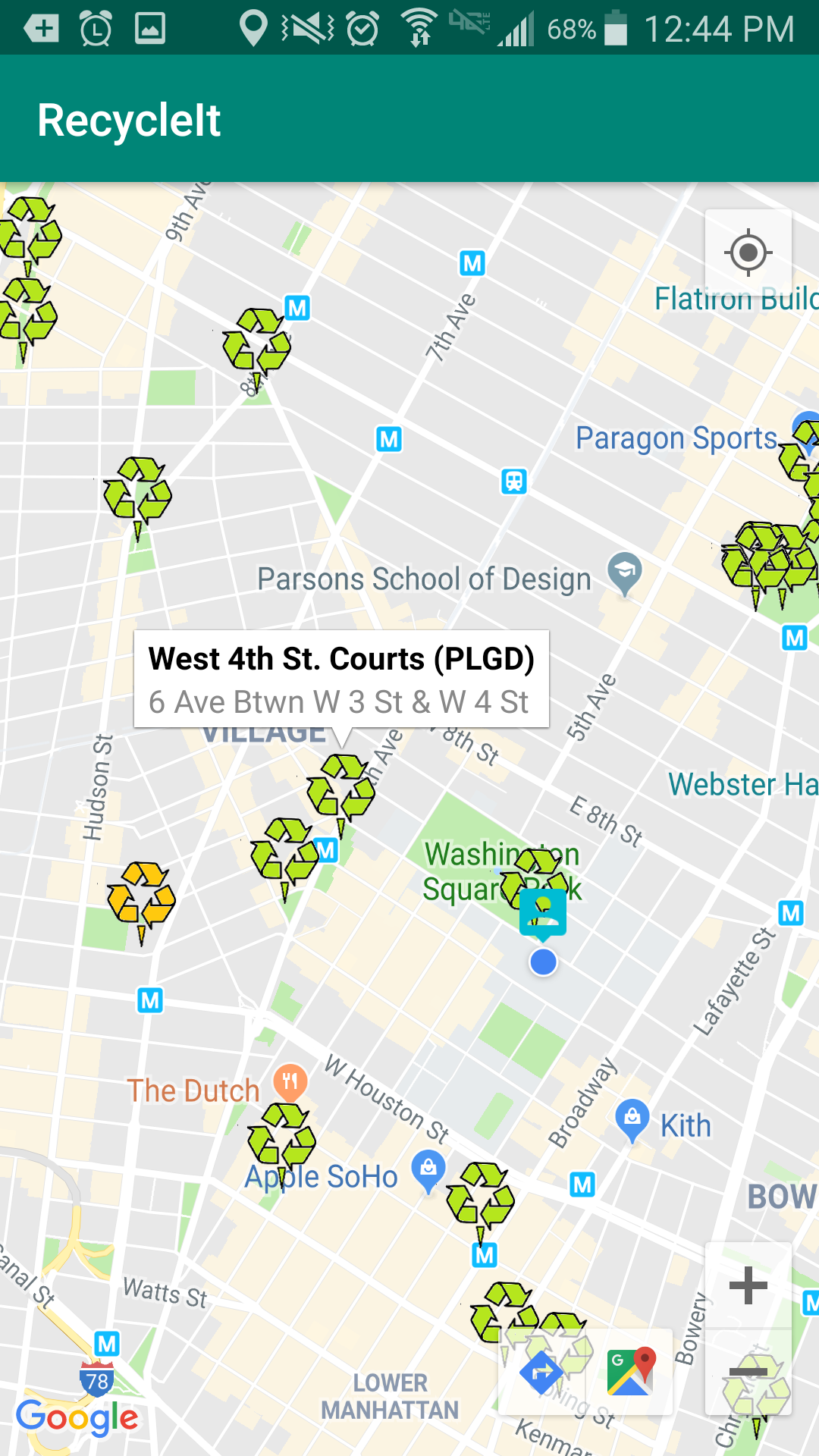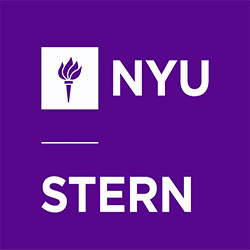When in business school, people often think of network as the group of people you are connected with socially and professionally. And one might naturally think of interpersonal communication skills as the foundations of network. The Foundations of Network I am about to write about today, however, is something completely different.
This is actually one of our tech core class, taught by Professor Lakshmi Subramanian from Courant Institute of Mathematical Sciences. The network in discussion in this class is the network of computers – PCs, mobile phones, routers, servers, cloud and many other devices connected through the internet. The participants of this class include us (the Tech MBAs) and the students from the Courant Computing, Entrepreneurship and Innovation (MS-CEI) program, whom we already know very well through some of the business core classes we took together in the summer.
Taking such a class within the computer science school might seem too technical and irrelevant for MBA students – after all, we are unlikely to be creating the network architecture or writing lines of software codes for the companies we will be working for in the future. But having a high-level understanding of various pieces of the very network that is so essential to our productivity nowadays can be hugely beneficial to understanding the risk and opportunities behind a product or business. On a practical level, some high-tech companies are known for asking MBA candidates questions like ‘what happens behind the scene when you type the address of the website in your web-browser?’.
Professor Subramanian has done a great job this semester at explaining many engineering concepts to non-technical audiences and covering a wide range of topics that are highly relevant to current landscape in the tech industry. We started with the foundation of the internet – communication protocols between devices of different complexity, location or form, to how data packets are routed through the internet, to how a web page is downloaded through the http protocol onto our browsers, to how signals are sent over the wireless and cellular network, to cloud computing services, to more advanced topics like 5G network and data center architecture.
As the capstone of this class, we are supposed to submit a project at the end of the semester – either build (code) a functioning product or write an in-depth case study about something related to the content covered in class. Our class is roughly split half and half between ‘build’ and ‘case study’ projects. It is very exciting to see what my classmates have come up with for their projects: interactive ads for mobile games, google phi case study, finger print authenticated QR code for login, Amazon data center in Chile case study, multi-user web-based games, case studies on mesh network and many, many more. Don’t be surprised if you see some of our apps pushed to app stores or case studies published in the near future!
This class seemed a bit odd at the beginning but it has quickly become one of my favorite classes. Tech core classes like this class provide us with a unique opportunity to get exposure to the intersection of tech and business from the perspective of the tech side. Last, I want to give a shout-out to our Teaching Assistant Talal Ahmad, who is a PhD student in Professor Subramanian’s lab researching on mobile networking and mobile systems. Besides the fact that he is passionate and empathetic toward his students, he has also done amazing things with his research like deploying software-defined network base stations in Ghana. Talal is graduating soon – can’t wait to hear his new adventures!

